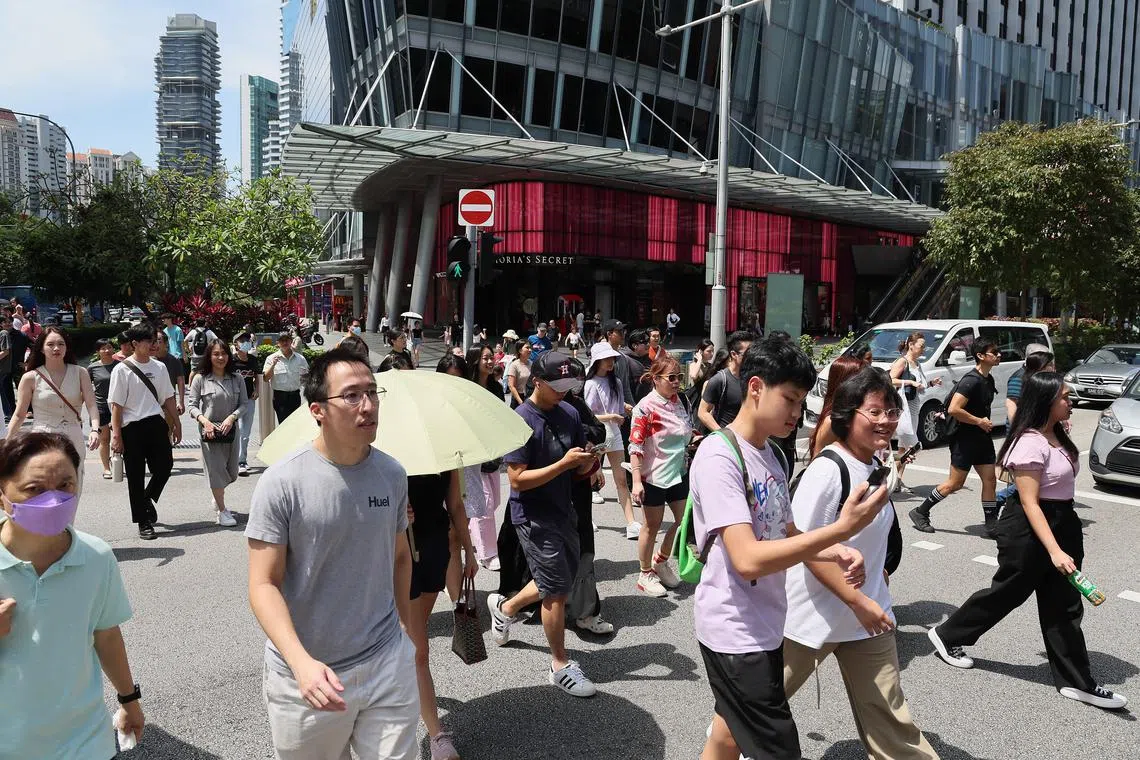For subscribers
Millennials have a lot going for them, so why are they unhappy?
Achievements don’t correlate to happiness. Geopolitical instability and an ageing population are adding to the stress.
Sign up now: Get tips on how to grow your career and money

In Singapore and even globally, it has been noted that millennials have increasing incidences of depression and anxiety.
ST PHOTO: KELVIN CHNG
Mok Yee Ming
Follow topic:
Millennials – that is, the generation currently between 28 and 43 years of age – have been generally successful. Many have benefited from the economic stability of the last decade – they may own a home and perhaps a car, go on overseas holidays, and do well in their chosen career. By most measures, many would be considered high achievers. Many may also have benefited from the accumulated generational wealth of the previous baby boomer generation. Yet, in Singapore and even globally, it has been noted that millennials have increasing incidences of depression and anxiety. One can reasonably postulate, then, that an even larger number would be unhappy.
It’s true that millennials cope with one of the most challenging phases of an individual’s life. It is a time of great change, where people get married, start a family, cope with ageing parents and work on their careers. They must save for their families and a home, as well as consider their retirement and future healthcare needs. On the surface, many appear to navigate these challenges well – so why are they unhappy?

